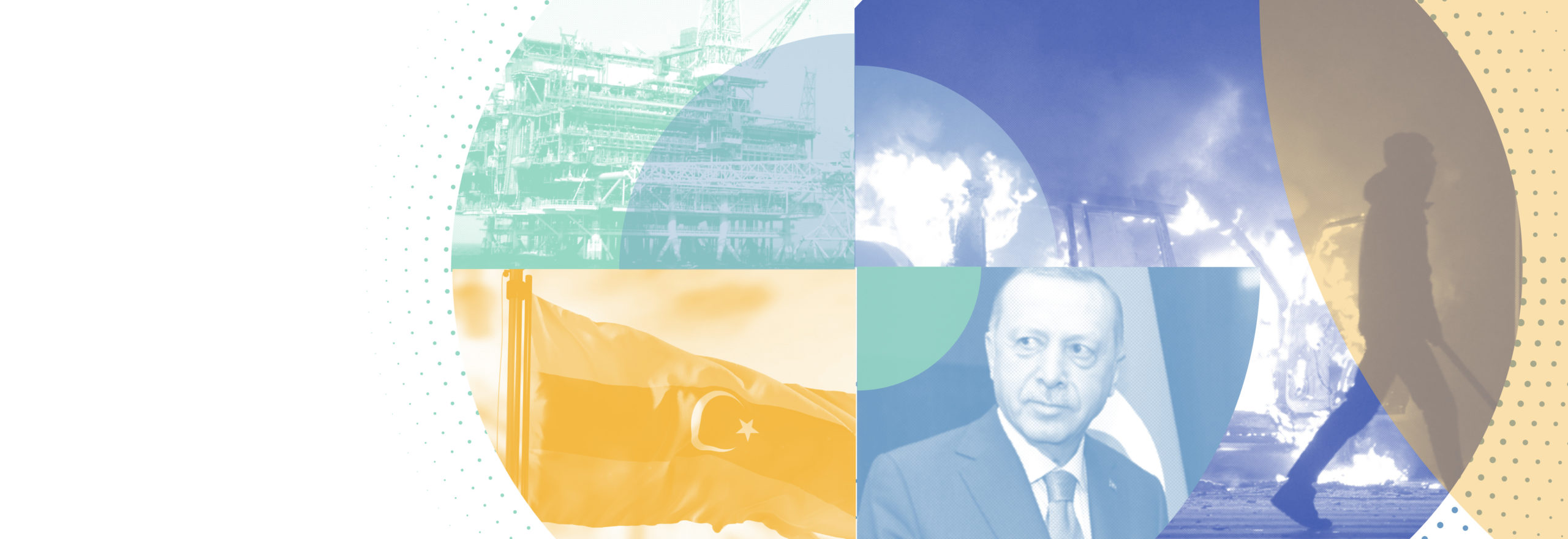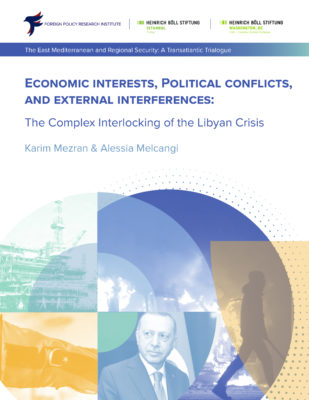A nation must think before it acts.
In the last days of September 2020, Libya’s oil industry seemed to be on the verge of restarting its production after Gen. Khalifa Haftar announced the reopening of the oil fields and terminals that he had occupied and closed in the course of his offensive against Tripoli. The main damage caused by Haftar’s blockade is the dramatic plummet of oil production to less than 100,000 barrels per day (bpd) from the previous 1.2 million. The importance of the oil and gas industry in Libya cannot be underestimated since it is the main driver of the Libyan economy and accounts for about 60% of the country’s GDP. Oil production revenues and the dividends from oil sales are one of the main causes of the conflict that has been continuously ravaging the country since the fall of Muammar Qadhafi in 2011. The announced reopening represents good news that bodes well not only for a real resumption of political talks between the warring parties, but also for a more general improvement of the economic and social condition in the country, which is now on the verge of collapse.
After the January 2020 blockade, the quick shutdown of oil sales led to a budget collapse: In April 2020, oil production data showed a drop of more than 80% with a loss of more than $10 billion in oil revenues. The economic impact of this stoppage directly hit the Tripoli-based National Oil Corporation (NOC), preventing the company from fulfilling contracts with international oil companies. After so many years of civil war, it has become evident that competition among various actors is principally over the country’s resources and control of its financial institutions. According to the 2015 UN-backed Libyan Political Agreement, the Tripoli government headed by Fayez Sarraj retains control of the Tripoli-based NOC and oversees the allocation of state funds deposited in the Tripoli-based Central Bank — these are the two channels through which oil revenues can flow legally and the only two institutions recognized by the UN Security Council. Haftar and the Eastern government accuse Tripoli of mismanaging hydrocarbon revenues and state funds, using them to fund militias backing the Government of National Accord (GNA), and failing to carry out reforms to stabilize the economy. For this reason, the Eastern authorities demand a change of leadership in both institutions: The Central Bank and the NOC. Indeed, the problem for Haftar has always been that he controlled oil production, but not oil revenues.
After almost a year locked in a stalemate, the situation on the battlefield was reversed in April 2020. Thanks to Turkey’s military support, the GNA was able to counterattack and defeat the Haftar-controlled Libyan National Army (LNA) and push them back to the gates of the city of Sirte near the “oil crescent,” a coastal area home to most of Libya’s oil export terminals. The ceasefire proposed by the GNA at the end of August 2020 and accepted by the Tobruk parliament and its spokesman, Aguila Saleh, has restarted the political dialogue between the conflicting parties. Meanwhile, the malcontent of the population in both Tripoli and Benghazi, due to the deterioration of living conditions and lack of economic reforms, led to protests and demonstrations in both cities.
Explore The Eastern Mediterranean and Regional Security: A Transatlantic Trialogue series.






